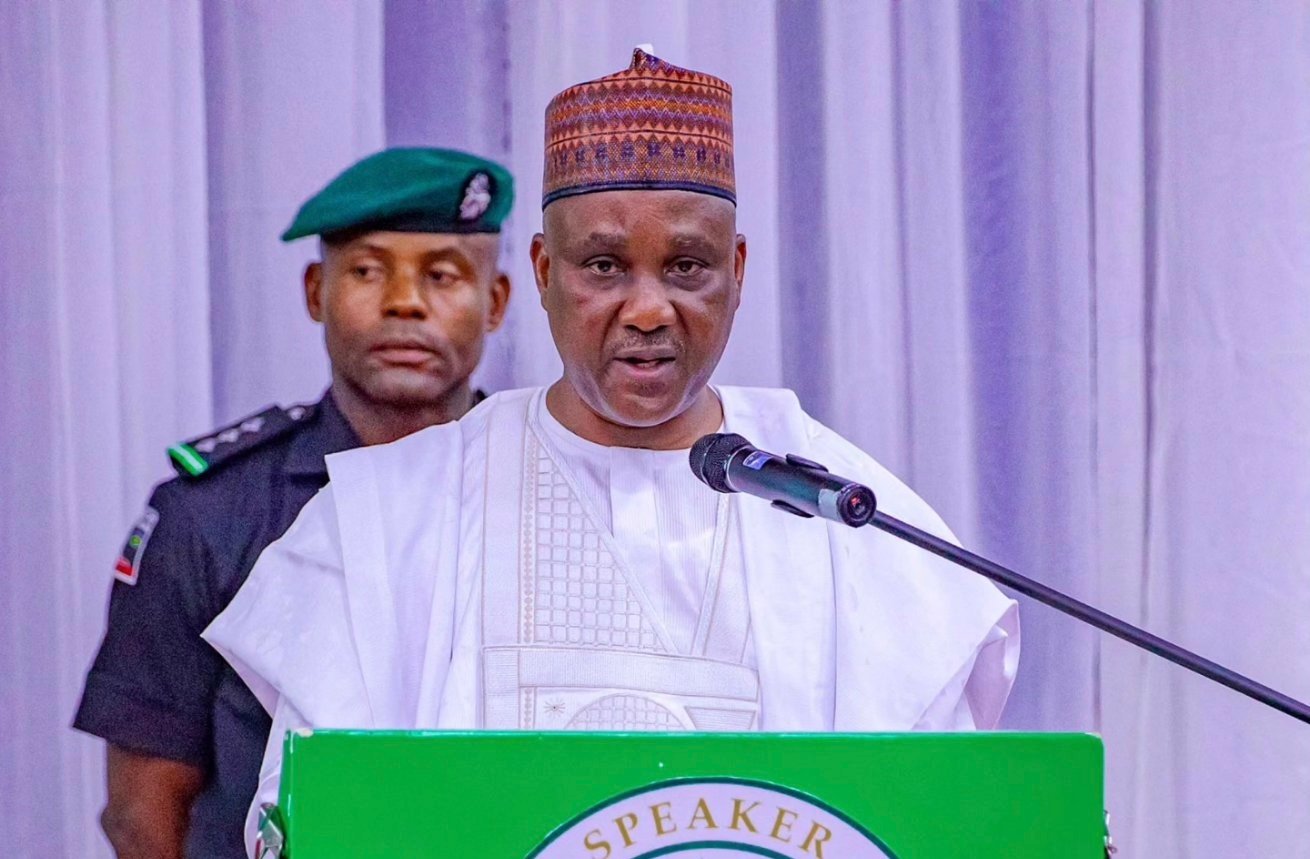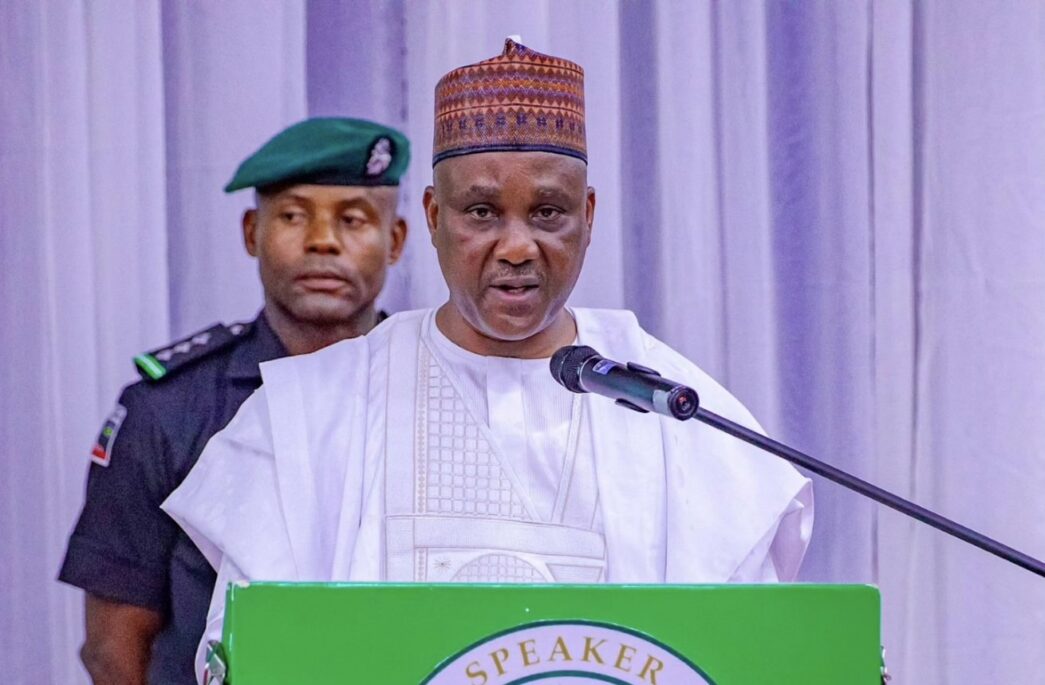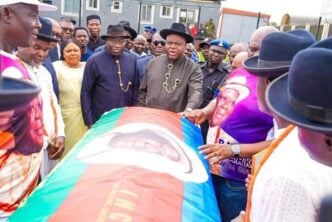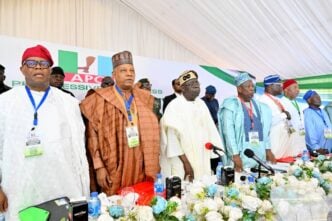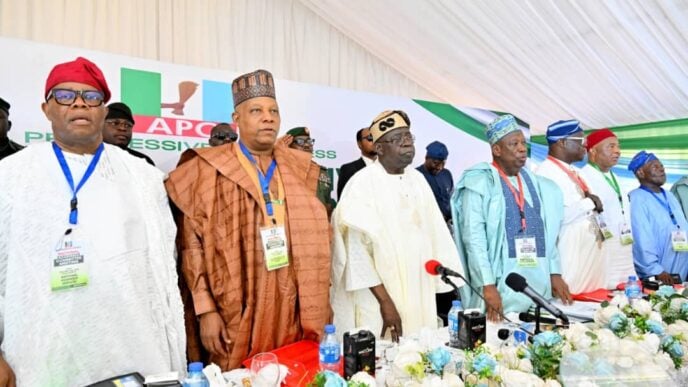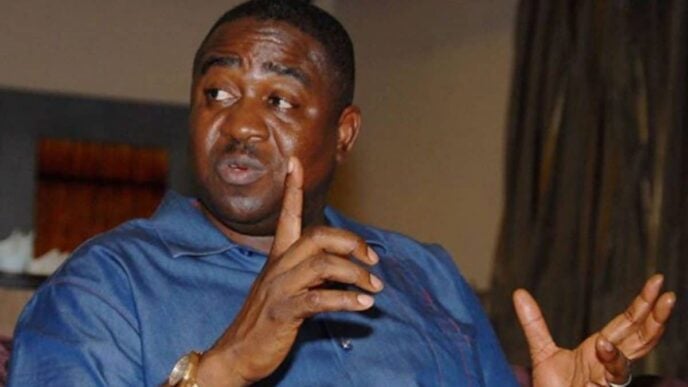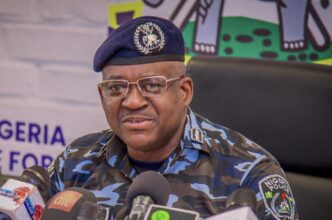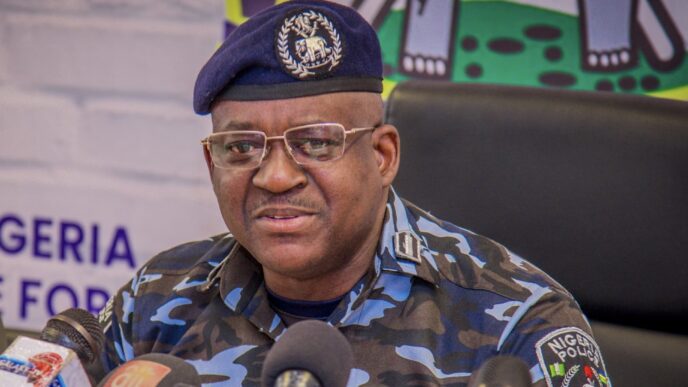Tajudeen Abbas, speaker of the house of representatives, says the collaboration between the legislature and the executive is driving “meaningful development” in the country.
Abbas spoke on Monday at the inaugural policy dialogue on the legislative agenda of the house of representatives in Abuja.
Abbas said the engagements between the executive and the national assembly have been characterised by a “spirit of cooperation and synergy.”
“This administration has demonstrated a deep commitment to constructive engagement, recognising that the true strength of democracy lies not in conflict, but in collaboration,” he said.
Advertisement
“As the saying goes, ‘where two elephants fight, it is the grass that suffers’. In the same way, ‘where the legislature and the executive fight, it is the people that suffer’.
“President Tinubu’s openness to the perspectives of the national assembly and his readiness to listen and act on our collective insights have been instrumental in fostering policies that reflect the aspirations of the Nigerian people.
“This mutual respect and partnership between the executive and the legislature has enabled us to navigate challenges, enact transformative legislation, and drive meaningful development.
Advertisement
“It testifies to the power of dialogue, shared vision, and collective action.”
Abbas’ remarks come as the national assembly is heavily criticised for acting as a “rubber stamp” for the executive.
ACHIEVEMENTS IN TWO YEARS
Abbas highlighted the achievements of the house of representatives ahead of its two-year anniversary in June.
Advertisement
The presiding officer of the lower legislative chamber said at its inaguration in June 2023, the 10the house of representatives resolved to implement the “most ambitious” legislative agenda in history.
He said the agenda comprises eight broad priority areas that address Nigeria’s diverse needs: strengthening good governance, enhancing national security, revitalising the economy, reforming our laws, and promoting social development.
Abbas said it prioritised inclusion through an open parliament, direct foreign policy in the national interest, and climate and environmental sustainability.
“Never has a house of representatives set such an expansive and forward-looking legislative blueprint,” he said.
Advertisement
“The impact the 10th house has made thus far is largely due to the deliberate, strategic, and focused execution of this agenda. We have remained focused and resilient in pursuing these goals, even when unforeseen issues arose.
“Crucially, our agenda was designed with the flexibility to respond to emerging crises. This means that even as new challenges have arisen, we have adapted swiftly without losing sight of our long-term goals. In short, we did not simply announce an ambitious agenda and hope for the best; we put in place the mechanisms and political will to implement it.
Advertisement
“Two years later, I am proud to report that these efforts have yielded results. In terms of legislative output, this house has been extraordinarily proactive and productive.”
Abbas said the house has introduced a number of bills and a volume of legislative proposals that is “unprecedented” at this stage of any assembly geared towards the critical reforms our country urgently needs.
Advertisement
He said some of the bills passed by the house include legislation to modernise and strengthen the power sector, establish a long-awaited federal audit framework for greater financial accountability in government, and create agencies critical to effective governance.
Abbas said the green chamber also passed legislation to bolster security by improving the control of small arms and light weapons, advance social welfare, establish regional development commissions, and tax reforms.
Advertisement
The speaker said the parliament also enacted legislation on anti-doping, student loans, and data protection.
Abbas said beyond lawmaking, the house “vigorously” exercised its constitutional role to conduct oversight.
Abbas said such oversight, through the committee on public accounts, has resulted in the recovery of billions of naira for the government.
“We have summoned officials to explain the expenditure of public funds and the execution of policies, insisting that the dividends of democracy reach the citizens as intended,” he said.
Abbas said the house runs an “accountable and open” parliament by periodically engaging the citizens in its activities.
“The feedback and suggestions gathered from these engagements have been invaluable. In fact, they have helped shape our priorities by highlighting areas needing greater attention, such as oversight of government projects and closer constituency outreach,” he said.
The speaker noted that the house has deepened parliamentary diplomacy by establishing interparliamentary friendship groups, which now serve as vital links between the Nigerian national assembly and parliaments worldwide.
Abbas added that these groups facilitate sustained dialogue, mutual learning and collaborative problem solving, thereby strengthening democratic governance and promoting shared prosperity.
